Introduction to Master of Science in Finance
To meet the increasing demand of growing high-level, high-quality application-oriented and international advanced financial professionals, School of Business provides a Master degree of Science in Finance (MSF) with the duration of two years. This program is to offer an opportunity to qualified students to fully understand financial theory and practice, systematic study of banking, securities, corporate finance, financial econometrics and other relevant knowledge, and master the skills of financial analysis, financial risk management, investment, financing management and related fields. The program requires a minimum of 33 credits (including 15 core courses credits and 18 elective courses credits)plus the completed graduation thesis independently.
Our MSF program has the following characteristics:
Firstly, this program emphasizes on a combination of the learning financial theory and financial analysis training. Moreover, this program is designed to equip graduates with advanced knowledge in Finance for analysing financial data by using financial statistics and econometrics software such as EViews, STATA, Python, R and etc.
Secondly, this course is designed to help students obtain a variety of related certificates such as China Securities Qualification Certificate or Chartered Financial Analyst (CFA).
Finally, our school has set up the finance laboratory and provided professional financial database in order to enhance students’ ability of independent research in finance, and to help students understand financial theory and professional practice in parallel.
Learning Goals and Learning Objectives
LG1. Students demonstrate solid knowledge and skills in in business and economy management.
LG1.1 Students have mastering of intermediate-level knowledge and skills in general business and economics study.
LG1.2 Students demonstrate solid knowledge and skills in prescribed and self-chosen specialized areas of business and economics study.
LG2. Demonstrate intermediate critical thinking and analytical skills in solving business-and- economy problems.
LG2.1 Students are able to identify and define problems and opportunities in specialized areas of business and economics.
LG2.2 Students demonstrate intermediate analytical skills by collecting business data and information and applying appropriate quantitative techniques.
LG2.3 Students are able to interpret the result of data and information analysis and make recommendations relating to the business strategy and economy policies in specialized areas.
LG3. Students demonstrate strong oral and written communication skills.
LG3.1 Students are able to communicate clearly and effectively orally in a logical, coherent, organized manner and in a suitable register.
LG3.2 Students are able to communicate clearly and effectively in writing in a logical, coherent, organized manner and in a suitable register.
LG3.3 Students can select and apply appropriate multimedia and visual aids to promote their presentations effectively.
LG4. Have a strong ethical perspective and solid understanding about how to behave ethically in business and economy environment.
LG4.1 Students demonstrate solid knowledge of ethical conduct and legal setting in business and economy environment.
LG4.2 Students are able to recognize ethical dilemmas in business operation and economy environment, and to apply an ethical model to propose and defend a resolution in specialized fields.
LG4.3 Students demonstrate solid knowledge of corporate social responsibilities and capability of applying models of sustainable development to propose and defend a resolution.
LG5. Demonstrate global and multicultural perspectives.
LG5.1 Students understand, appreciate, respect and/or work well with other cultures and international diversity.
LG5.2 Students demonstrate good understanding of globalization of business and economy, being able to integrate the implication of globalization into decision-makings in their major areas.







